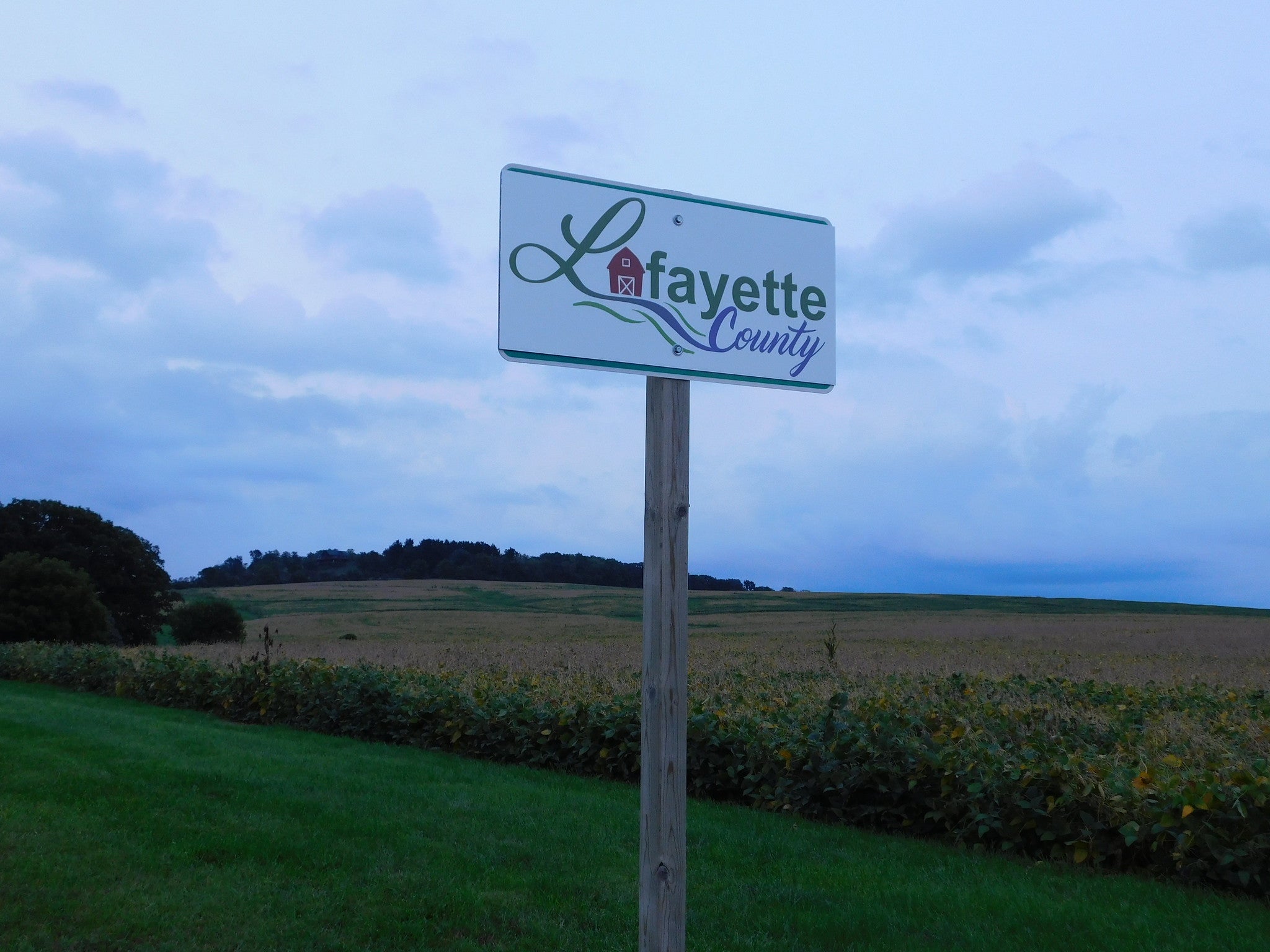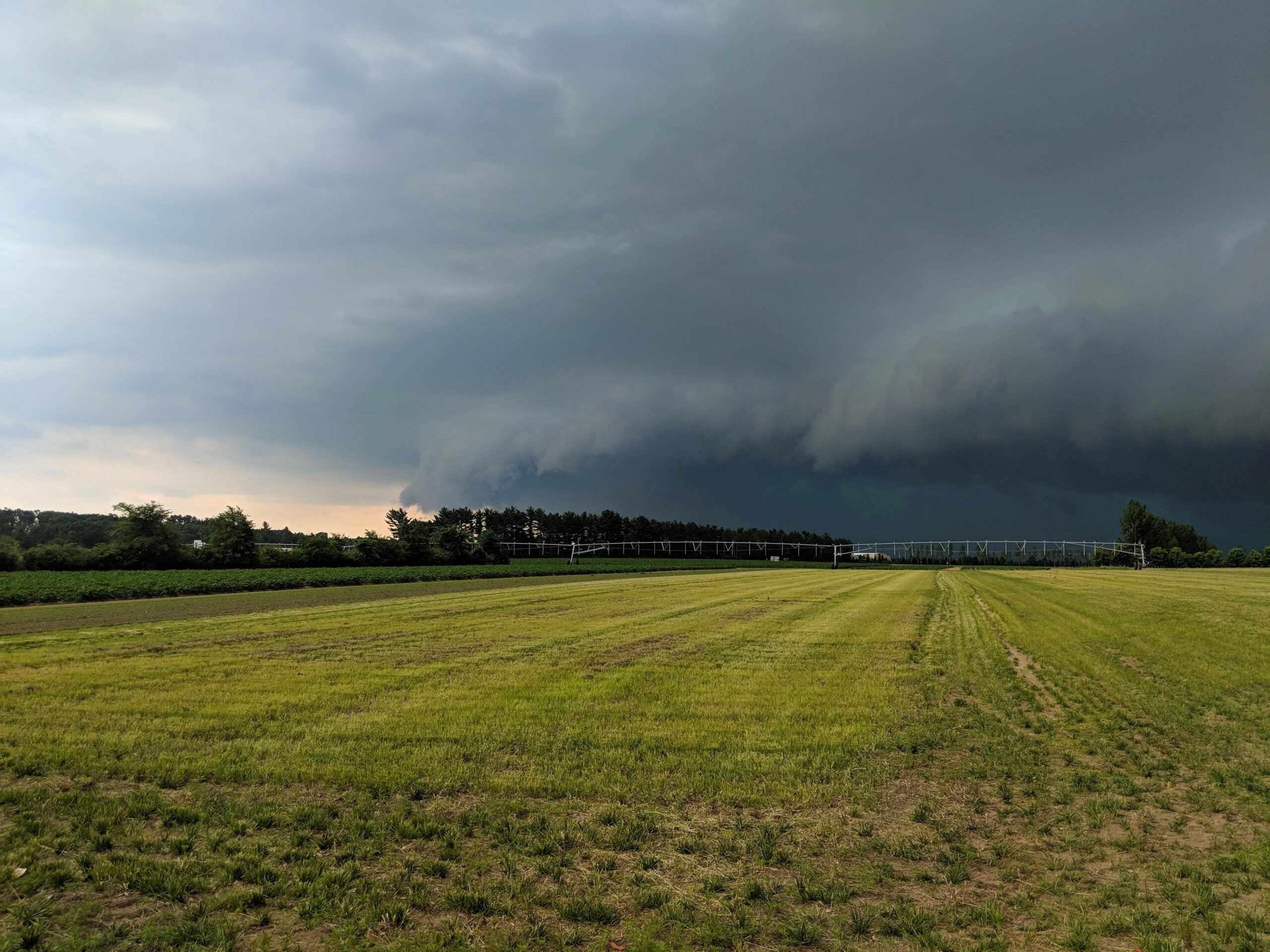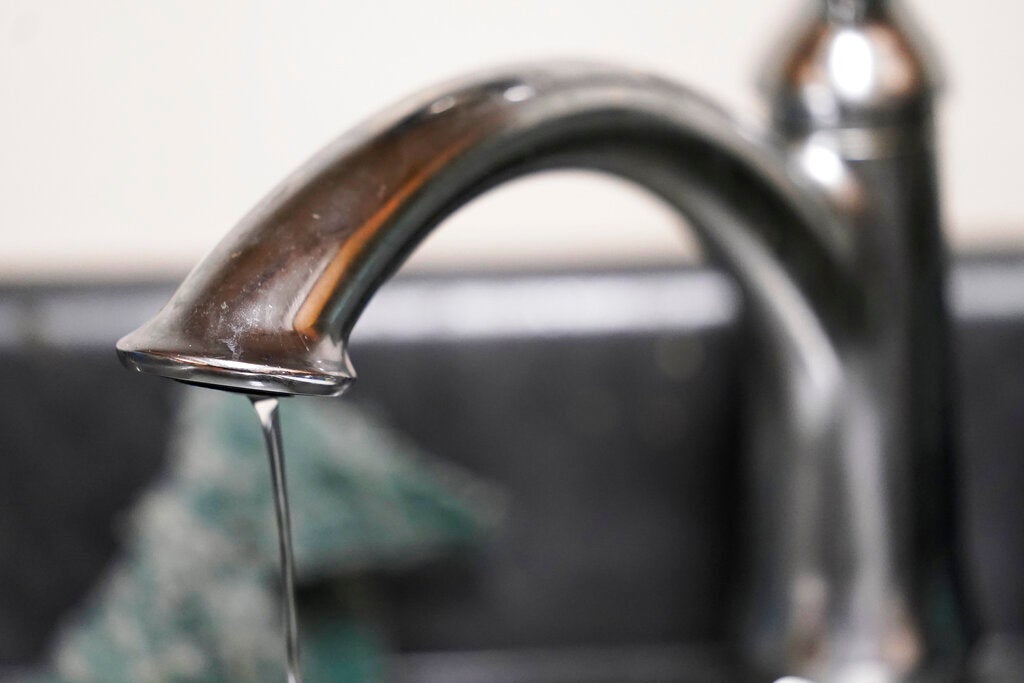Officials in southwestern Wisconsin have approved a resolution that restricts water quality information to certain county officials before being released to the public. The amended proposal would only affect one county instead of three and no longer calls for prosecuting journalists who edit an upcoming news release on a regional water quality study.
The resolution passed the Lafayette County Land Conservation Committee on a 5-2 vote Tuesday morning after a number of people spoke out against the resolution they felt impeded government transparency and may not pass legal muster.
The resolution initially called for future Southwestern Wisconsin Groundwater and Geology (SWIGG) test results only to be given to the chairs of the Iowa, Grant and Lafayette county boards, county conservationists and the chair of the boards’ land conservation committee. Those individuals would create a press release to share information with the public and all other county board members, warning that the statement would have to be printed without alteration.
News with a little more humanity
WPR’s “Wisconsin Today” newsletter keeps you connected to the state you love without feeling overwhelmed. No paywall. No agenda. No corporate filter.
The amended resolution now only pertains to certain Lafayette County officials: the county health department, county conservationists and the chair of the boards’ land conservation committee.
The resolution — which goes to the full County Board on Tuesday night — also states no board member, county official or county employee is authorized to make any public statement regarding the water study without authorization of the county’s Review Board of the Water Quality Study. If they do, they could face disciplinary action.
“I’m not going to obey that — I’m just saying,” stated Lafayette County Board member Kriss Marion after the meeting. Marion voted against the resolution.
The resolution cites “concerns surrounding the premature release of partial information that fails to adequately and accurately portray the results of phases of the water study.”
Marion told WPR before Tuesday she believes the resolution is a result of misrepresentation of SWIGG test results. The SWIGG study examined private wells in three counties and found 32 of 35 were contaminated with fecal matter. All the test results were public information and available on Iowa County’s Extension website.
The original resolution also warned media not to “glean information and selectively report it in order to interpret the results for their own means.” It warned “violators will be prosecuted.” That has since been dropped.
Charlotte Doherty, who lives in the town of Darlington, was one of the about 50 people who filled the County Board room Tuesday morning at the Lafayette County Courthouse.
“What is it about the SWIGG study that scares you so much? Are you afraid of making Lafayette County look bad?” Doherty said. “Who drafted this document and why is no one willing to stand up and admit they did?” she continued.
After the meeting, Jack Sauer, County Board chair and Land Conservation Committee member said: “As far as I’m concerned at this point in time, I don’t think (the other counties) have the courage to go ahead with this like we did. So they can write their own resolution.”
Wisconsin Public Radio, © Copyright 2025, Board of Regents of the University of Wisconsin System and Wisconsin Educational Communications Board.







